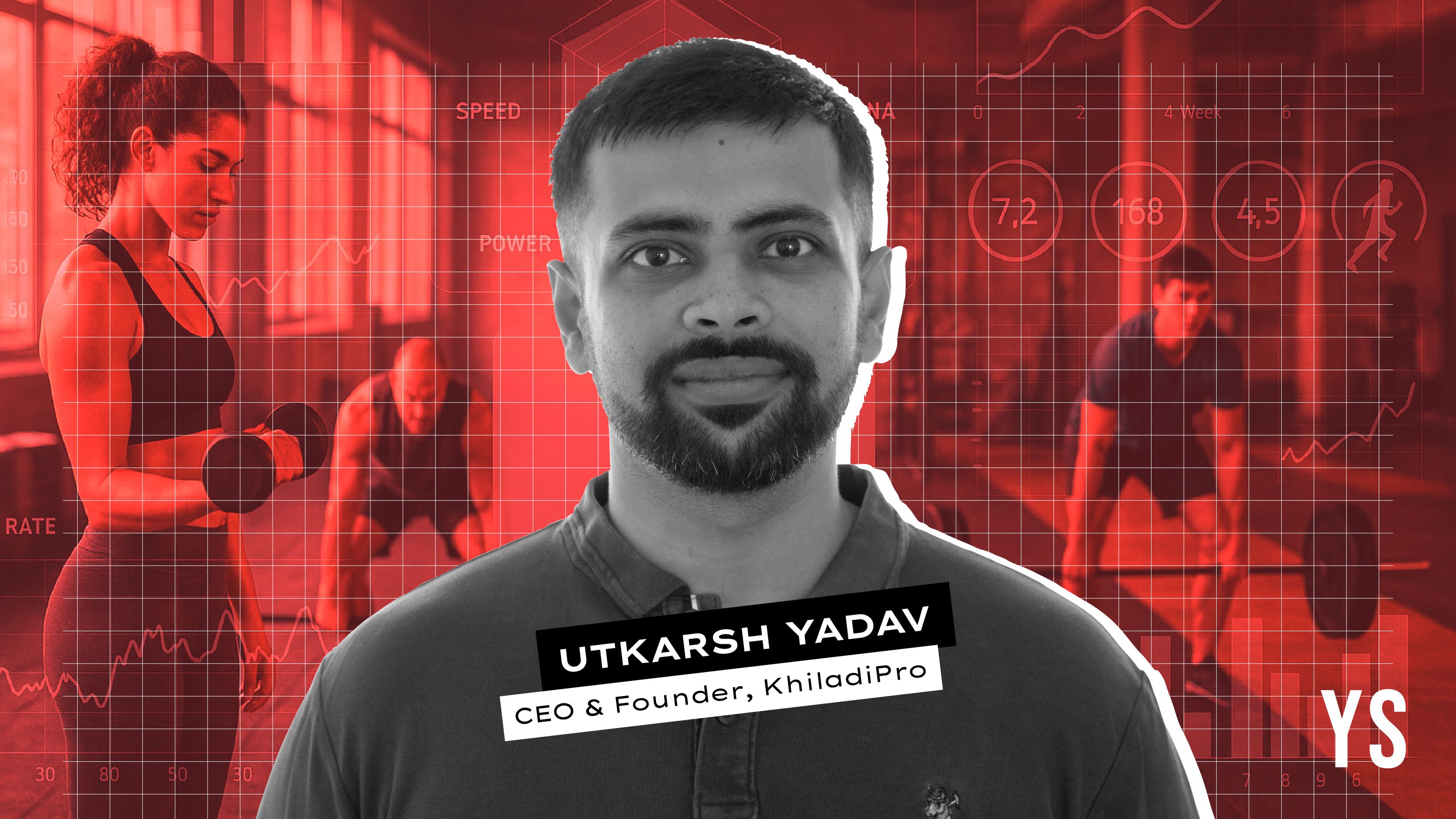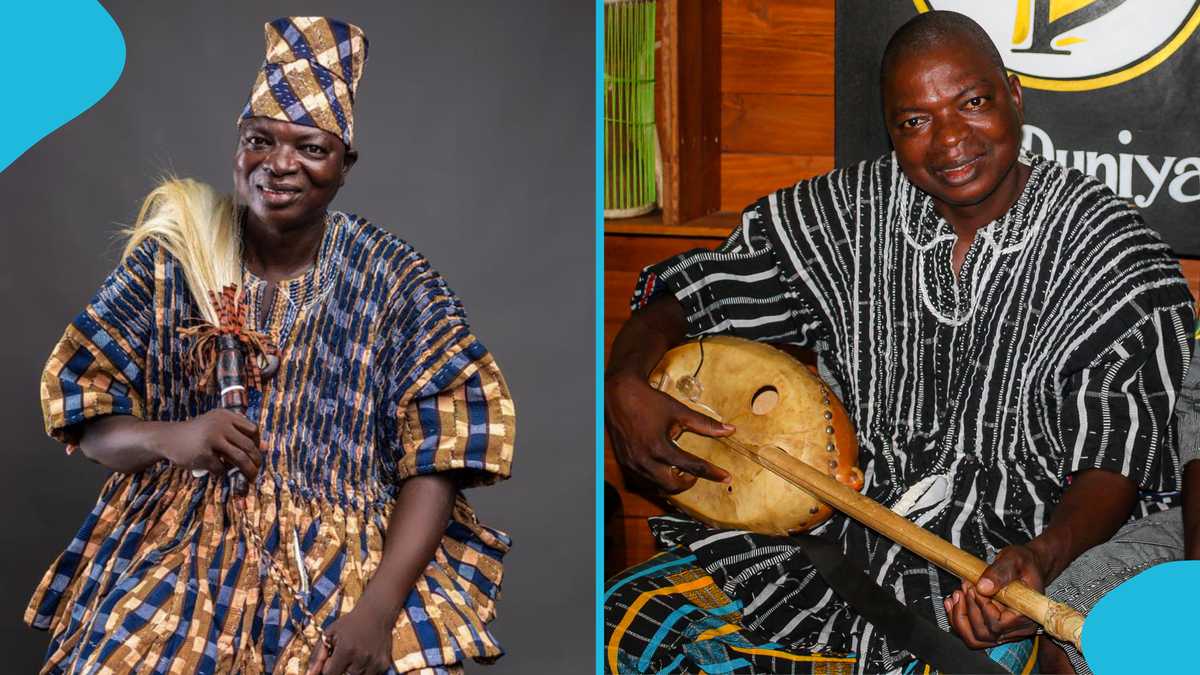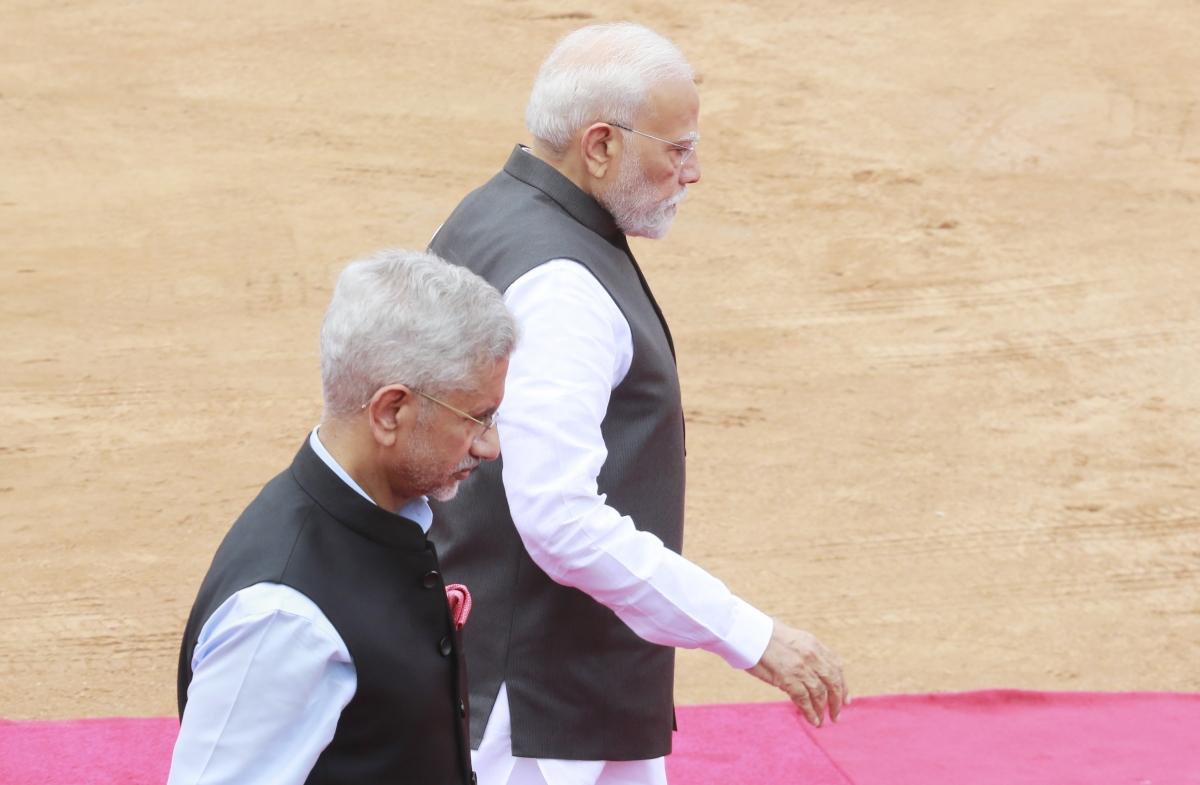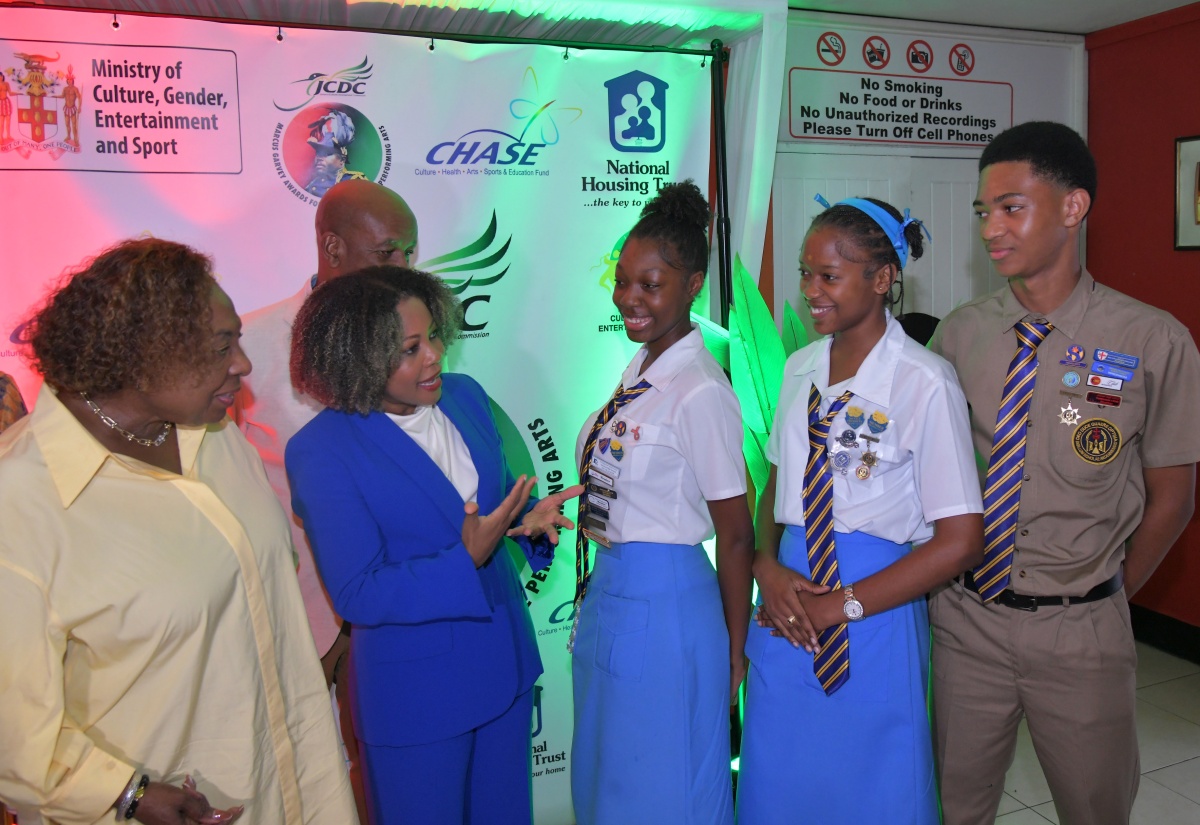Copyright yourstory

India is home to over 436 million children under 18, according to UNICEF; however, the country lacks a well-developed youth sports ecosystem. Most schools treat sports as an extracurricular activity rather than an integral part of a child’s development. Qualified coaches are scarce, physical education programmes are inconsistent, and a standardised framework to measure a child’s fitness or sporting potential is lacking. This gap is especially visible in Tier II, III and IV towns, where millions of children grow up without structured opportunities to develop athletic skills. “As a child, I trained at a state-level swimming stadium in Lucknow, only to see it demolished. That moment stayed with me; it highlighted how little systemic support exists for young athletes in India,” recalls Utkarsh Yadav, Founder and CEO of KhiladiPro. In August 2023, Yadav, Akash Khunt, Neerav Shah, and David Gladson—all of whom had personal experiences with India’s sports infrastructure gaps—founded KhiladiPro (KPro) to address these challenges. The Bengaluru startup’s mobile-first platform leverages visual AI to transform any smartphone into a sports assessment and coaching tool, offering standardised evaluations through its Khiladi Ability Index (KAI). From frustration to foundation Yadav was a state-level swimmer and cricketer from Uttar Pradesh; Gladson, a chess player from Andhra Pradesh; Khunt, an athlete in Kabaddi and Kho-Kho; and Shah grew up in a family where his mother represented India in two sports. Their collective experiences instilled a conviction: no child should have to choose between academics and sports because the system doesn’t support them. Before launching KPro, Yadav, Gladson, and Khunt worked at gaming company GetMega, building real-money and social gaming products. Their exposure to mobile-first technology, analytics, and AI laid the foundation for a scalable visual AI sports platform. Shah, joining from Singapore, brought strategic and financial expertise, helping align KPro’s growth with its mission to democratise sports access. “The turning point came when we realised AI had matured enough to bring structured sports assessment to every smartphone. It could finally make the ‘Right to Play’ a reality,” Yadav explains. Technology as the equaliser KPro converts any smartphone into an AI-powered sports assessment and coaching tool, measuring standardised movement intelligence via the KAI—India’s first AI-powered movement intelligence framework built on fundamental motor skills and the long-term athlete development model. It measures agility, balance, coordination, and strength through structured assessments. “KAI gives physical literacy the same importance as academics. Just like report cards assess academic progress, KAI provides measurable insights into a child’s fitness and athletic growth,” says Yadav. Using visual AI, the platform analyses video footage of children performing physical tasks to evaluate fitness, track progress, and provide insights into sports aptitude. “The first challenge was accessibility. Our AI had to work offline, on low-end Android devices, without wearables or cloud computing. That required rethinking how computer vision could function on-device,” Yadav explains. This led the startup to create small visual models (SVMs)—lightweight AI architectures optimised for on-device processing. SVMs analyse motion, posture, and movement patterns three times faster than large global AI models like Gemini 2.5, GPT-5, or Claude. Unlike its competitors, Footrax, Stupa Sports Analytics, Sportz Village, and KheloMore, which rely on wearables, cloud systems, or organised school programmes, KPro runs over 55 proprietary AI models, 15% optimised for on-device use, ensuring affordability, scalability, and privacy. Meanwhile, KAI not only tracks individual progress over time but also enables large-scale benchmarking for schools, federations, and policymakers. It identifies potential sports pathways for children early, relying on objective, data-driven evaluation rather than subjective judgment. Scaling access and supporting young talent In less than a year, KPro has partnered with over 50 schools and academies, including DPS and Jaipuria Schools, as well as federations such as the Handball Association of India. The platform has conducted more than 20 Olympiads and completed over 20,000 assessments, with an order book exceeding 150,000 assessments. The startup ensures affordability and accessibility: individual assessments cost between Rs 1,200 and Rs 1,500 per student, while institutional partnerships range from Rs 350 to Rs 1,200 per student, depending on scale. “Our goal is to make standardised sports assessment available to every child, regardless of background or geography,” says Yadav. Its initiative, Khiladi Klub, identifies and nurtures young athletic talent, and currently supports 12 athletes, primarily aged 13–15. The programme provides scholarships of around Rs 1 lakh per year, covering nutrition, equipment, and training. “We focus on early talent identification and provide structured pathways to help athletes reach their potential,” explains Yadav. The Klub is also experimenting with brand-athlete partnerships to scale support as athletes grow, building a proof of concept for more dedicated programmes as children reach ages 14–16. In May this year, KPro raised $1 million from MGA Ventures and Shastra VC to strengthen R&D, expand partnerships, and accelerate AI development. Looking ahead, the startup aims to deliver over 200,000 assessments by 2025 and expand internationally with pilot programmes in Australia and the UAE. Building India’s youth fitness dataset Beyond assessments, KPro is developing India’s largest youth fitness dataset—a structured repository of anonymised, video-backed movement data, allowing macro-level insights on youth health, physical literacy, and sports aptitude, helping schools and federations make data-driven decisions. In fact, it also positions KPro as a key enabler in policy discussions on child health, sports education, and early-stage athlete development. “Data is the foundation for talent discovery. Without reliable baselines, identifying potential athletes or designing fitness programmes becomes guesswork. Our system brings science and structure to what has always been subjective,” Yadav notes. Market context and the road ahead India’s sports tech market, valued at $442.4 million in 2024, is expected to reach $1.47 billion by 2033, growing at a CAGR of 13.3%, according to IMARC. “Despite growth, the sector remains fragmented, with limited digital infrastructure and no national framework for fitness benchmarking,” he adds. KPro’s AI-first, SaaS-driven model addresses this gap through scalability, inclusivity, and standardisation, integrating deeptech with India’s social and developmental priorities. The startup’s long-term vision is to build a universal AI Sports Coach, delivering real-time, personalised guidance across multiple sports, making high-quality coaching accessible to every child with a smartphone. By 2026, KPro aims to reach 1 million children through monthly Olympiads and institutional programmes. “Sports should not be a privilege; it’s a right. Through technology, we’re ensuring that every child, whether in Delhi or Dibrugarh, has the same opportunity to play, learn, and grow,” Yadav concludes. (Edited by Suman Singh)



